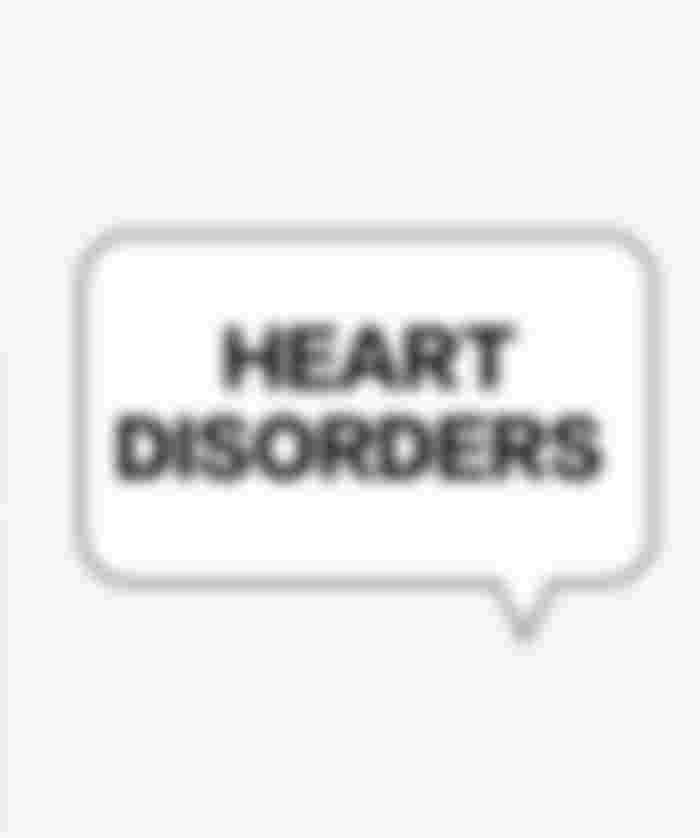Cardiovascular system ♥️

The heart is a muscular organ in the chest that pumps blood throughout the body, providing oxygen and nutrients to cells and organs. It is a vital component of the circulatory system, playing a crucial role in maintaining overall health and homeostasis. The heart consists of four chambers—two atria and two ventricles—that work in a coordinated manner to ensure efficient blood circulation. Various factors, including lifestyle choices and genetics, can impact heart health, making it essential to prioritize a healthy lifestyle to maintain optimal cardiac function and reduce the risk of cardiovascular diseases.The heart is a muscular organ in the chest that pumps blood throughout the body, providing oxygen and nutrients to cells and organs. It is a vital component of the circulatory system, playing a crucial role in maintaining overall health and homeostasis. The heart consists of four chambers—two atria and two ventricles—that work in a coordinated manner to ensure efficient blood circulation. Various factors, including lifestyle choices and genetics, can impact heart health, making it essential to prioritize a healthy lifestyle to maintain optimal cardiac function and reduce the risk of cardiovascular diseases

The term "heart" has ancient origins and has been used across various languages and cultures throughout human history. Its specific origins cannot be attributed to a single individual, as the concept of the heart as a vital organ and seat of emotions has been present in diverse societies and civilizations.
In ancient civilizations such as ancient Egypt, Mesopotamia, and Greece, the heart was recognized as a significant organ with both physical and symbolic importance. These cultures had their own interpretations and beliefs regarding the heart and its role in the body and emotions.
The term "heart" as we understand it today has evolved over centuries through language development and cultural understanding, with contributions from countless individuals and communities across different time periods and regions.

Heart disorders, also known as cardiovascular disorders or heart diseases, encompass a wide range of medical conditions that affect the structure and function of the heart and blood vessels. These disorders can negatively impact the heart's ability to pump blood effectively, potentially leading to serious health complications. Some common heart disorders include:
1. **Coronary Artery Disease (CAD)**: A condition in which the blood vessels supplying the heart (coronary arteries) become narrowed or blocked, usually due to a buildup of cholesterol and other substances (atherosclerosis).
2. **Heart Failure**: A condition in which the heart is unable to pump blood efficiently, causing symptoms like fatigue, shortness of breath, and fluid retention.
3. **Arrhythmias**: Irregular heart rhythms, which can manifest as a fast, slow, or irregular heartbeat. Conditions like atrial fibrillation and atrial flutter are examples of arrhythmias.
4. **Heart Valve Disorders**: Conditions affecting the heart valves, including valve stenosis (narrowing) or valve regurgitation (leaking), which can disrupt blood flow through the heart.
5. **Congenital Heart Defects**: Structural abnormalities present at birth that affect the heart's structure and function. These defects may range from minor to severe.
6. **Cardiomyopathy**: A group of diseases that weaken the heart muscle, affecting its ability to pump blood effectively.
7. **Pericardial Diseases**: Disorders affecting the pericardium, the sac surrounding the heart. Pericarditis (inflammation) and pericardial effusion (fluid accumulation) are examples.
8. **Hypertension (High Blood Pressure)**: Chronic elevated blood pressure, which can strain the heart and blood vessels over time, leading to various heart conditions.
9. **Myocardial Infarction (Heart Attack)**: Occurs when blood flow to a part of the heart is blocked, causing damage or death of heart muscle cells due to lack of oxygen.
10. **Peripheral Artery Disease (PAD)**: A condition where there is a narrowing of the arteries outside the heart, usually affecting the legs, leading to reduced blood flow.

Management and treatment of heart disorders typically involve lifestyle changes, medications, medical procedures, and sometimes surgery, depending on the specific disorder and its severity. Prevention strategies often emphasize a heart-healthy diet, regular exercise, avoiding tobacco, managing stress, and regular medical check-ups.




Any query should be asked